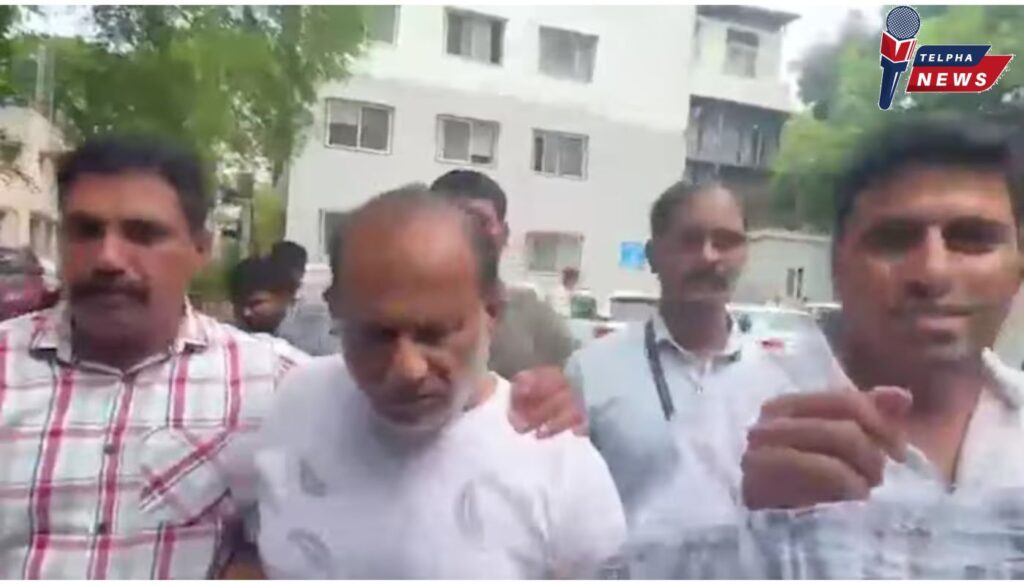
Introduction
On May 19, 2024, Pune witnessed a tragic accident involving a 17-year-old boy who rammed his Porsche into two IT professionals on a bike, resulting in their fatality. This incident not only shook the city but also unveiled a series of legal maneuvers and manipulations that followed. This blog post aims to delve into the details of the incident, the legal implications, and the broader context surrounding juvenile justice in such cases.
The Incident
On the night of May 19, 2024, a high-speed Porsche, driven by a 17-year-old, collided with a bike carrying two IT professionals, Aneesh Awadhiya and Ashwini Koshta, resulting in their immediate death. The Porsche was registered to a realty firm co-owned by the boy’s grandfather, Surendra Agarwal. The initial response to the accident included the arrest of the driver, Gangaram, who claimed responsibility for the crash.
Legal Complications
Misleading the Police
It was later revealed that Surendra Agarwal allegedly threatened Gangaram to take the blame for the accident, which led to a significant twist in the investigation. This act of coercion led to the arrest of Surendra Agarwal by the Pune crime branch. This marked the third FIR in the ongoing investigation of the Porsche crash.
Juvenile Justice
The 17-year-old driver was initially granted bail by the Juvenile Justice Board (JJB) after being asked to write a 300-word essay. However, this decision was met with public outrage and a review plea by the police. The JJB subsequently remanded the teenager to an observation home until June 5, 2024. The Pune Police have been pushing for the minor to be tried as an adult, citing the severity of the crime.
Broader Implications
Juvenile vs. Adult Trial
The case highlights the ongoing debate about whether juveniles involved in severe crimes should be tried as adults. The Juvenile Justice (Care and Protection of Children) Act, 2015, allows for juveniles aged 16-18 to be tried as adults for heinous crimes. This provision aims to balance the need for justice and the possibility of rehabilitation.
Public and Media Reaction
The public and media response to the initial bail and subsequent legal developments has been intense. Many argue that lenient treatment of juvenile offenders in severe cases could undermine the gravity of their actions and fail to deliver justice to the victims.
Accountability and Ethics
The role of Surendra Agarwal in attempting to mislead the police raises questions about ethical conduct and accountability. Such actions can obstruct justice and highlight the need for stringent measures against those who attempt to manipulate legal proceedings.
Conclusion
The Pune Porsche crash case is a poignant reminder of the complexities involved in juvenile justice and the legal system’s challenges in dealing with severe crimes committed by minors. As the case unfolds, it will be crucial to observe how the legal system balances the need for justice, accountability, and the potential for rehabilitation. This incident also underscores the importance of ethical conduct in legal proceedings and the need for a transparent and robust justice system.